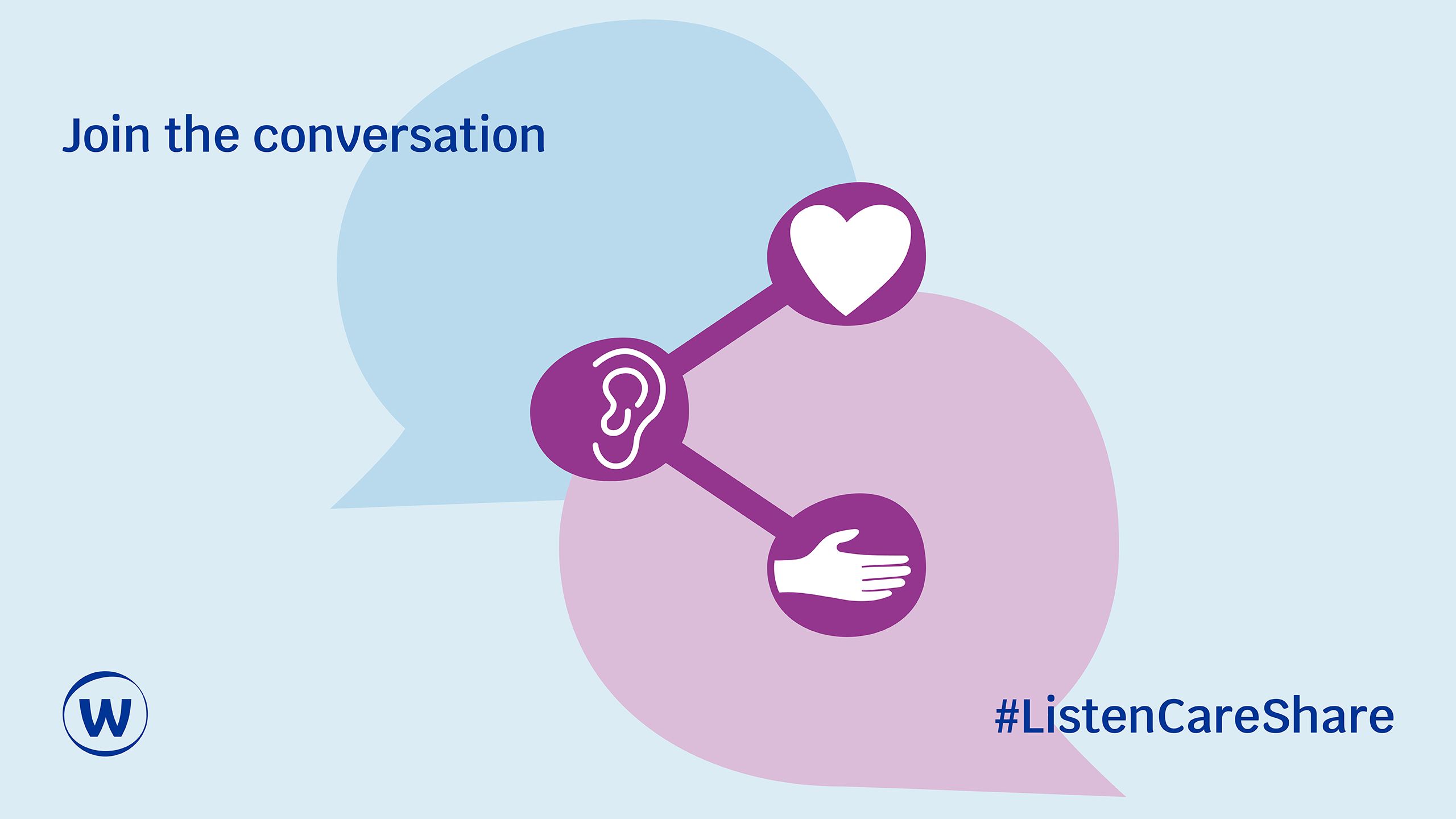#ListenCareShare
Starting a conversation
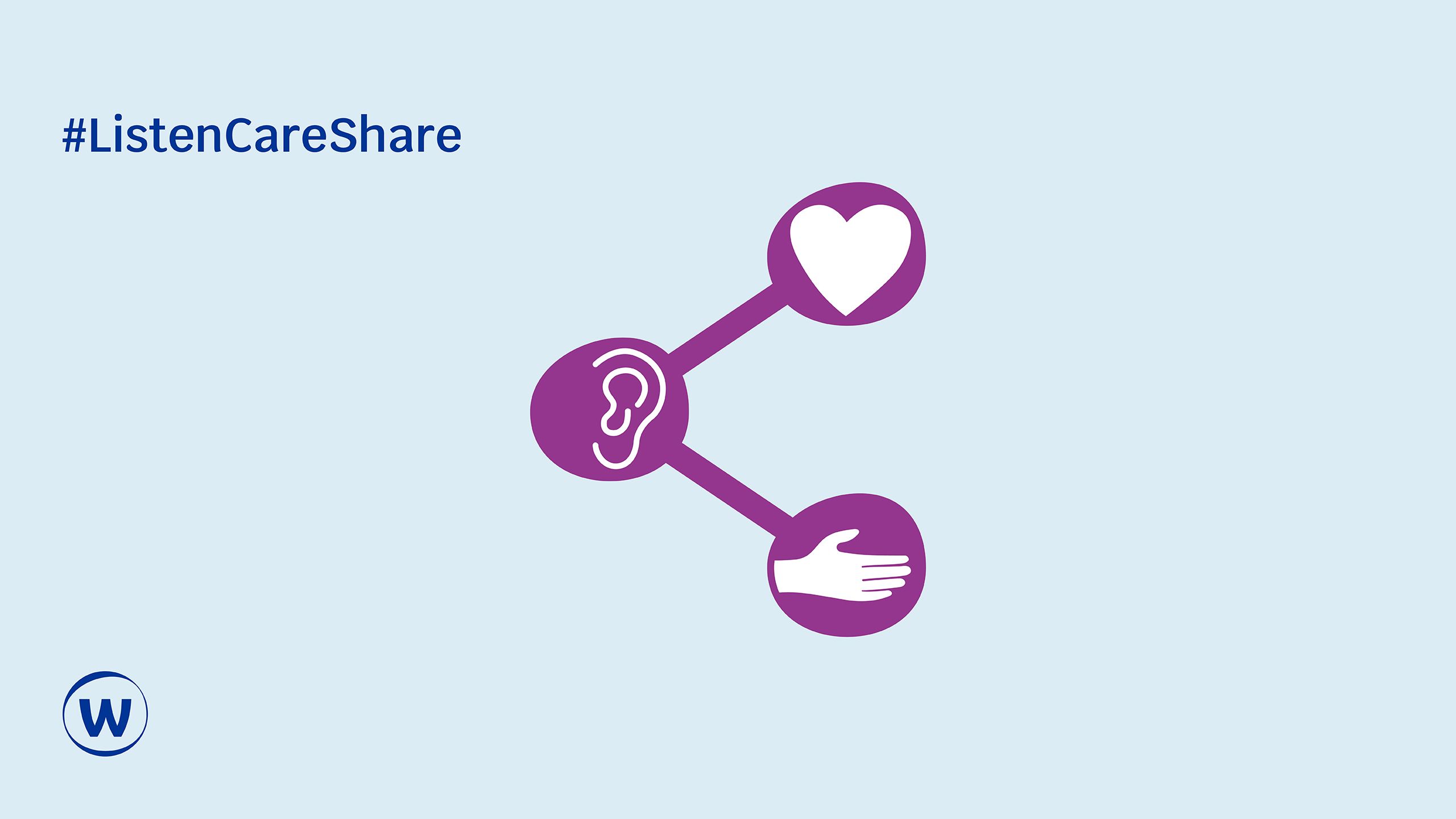
The pandemic has changed all of our lives: it has affected our families and our finances; our physical lifestyle and our mental wellbeing; who and where we meet and how we work.
From the practical to the emotional, nothing has been left untouched by the events of the past year. And some commentators believe that the full impact is yet to be felt.
As a sector, we are committed to providing greater public value – making a positive difference for customers through the way in which water and wastewater services are delivered.
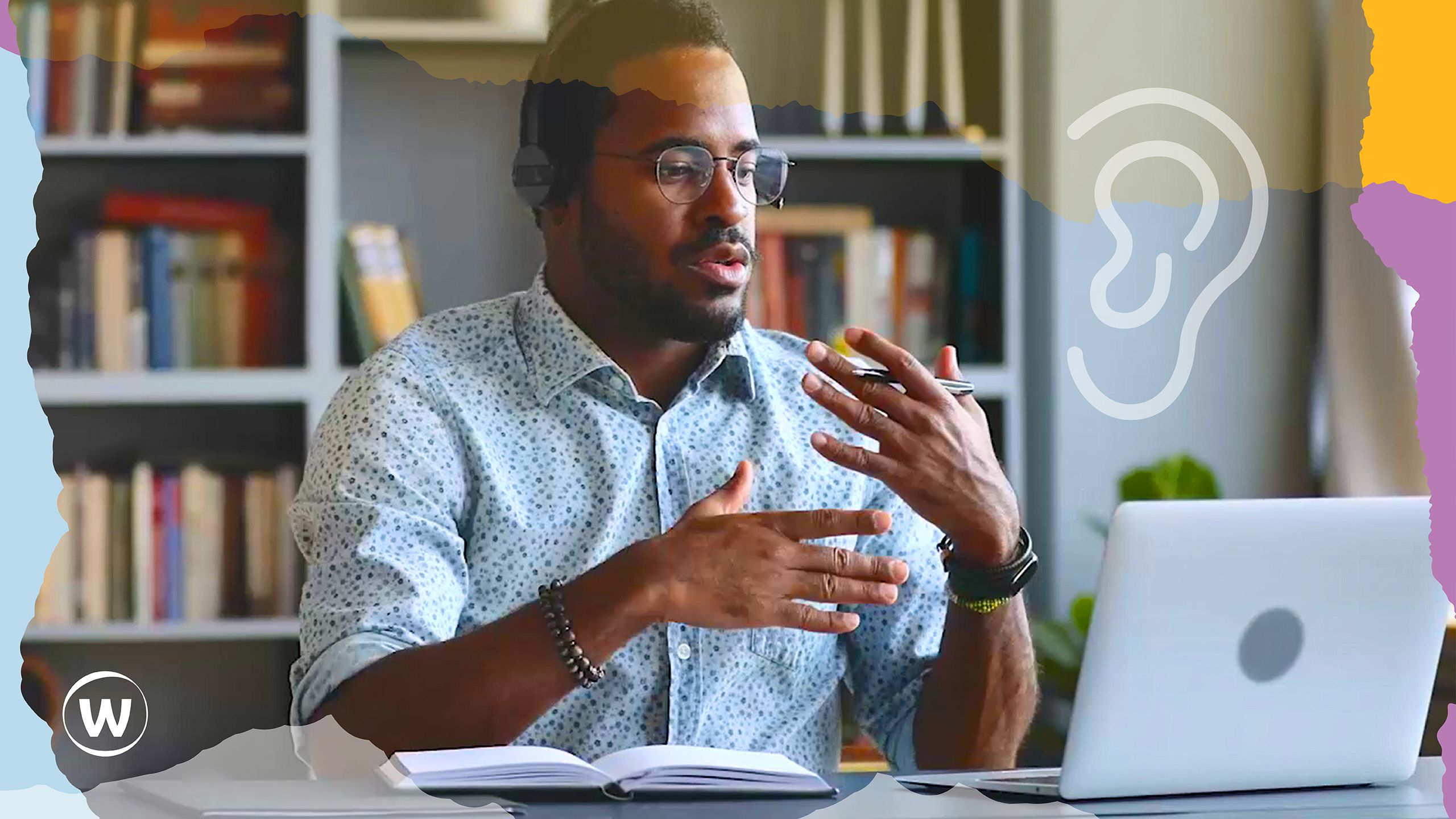
To do that we need a deep understanding of the key problems and a rich insight into what customers have experienced throughout the pandemic.
We want to pull together different strands of conversations that are happening in isolation to help on both fronts.
#Listen
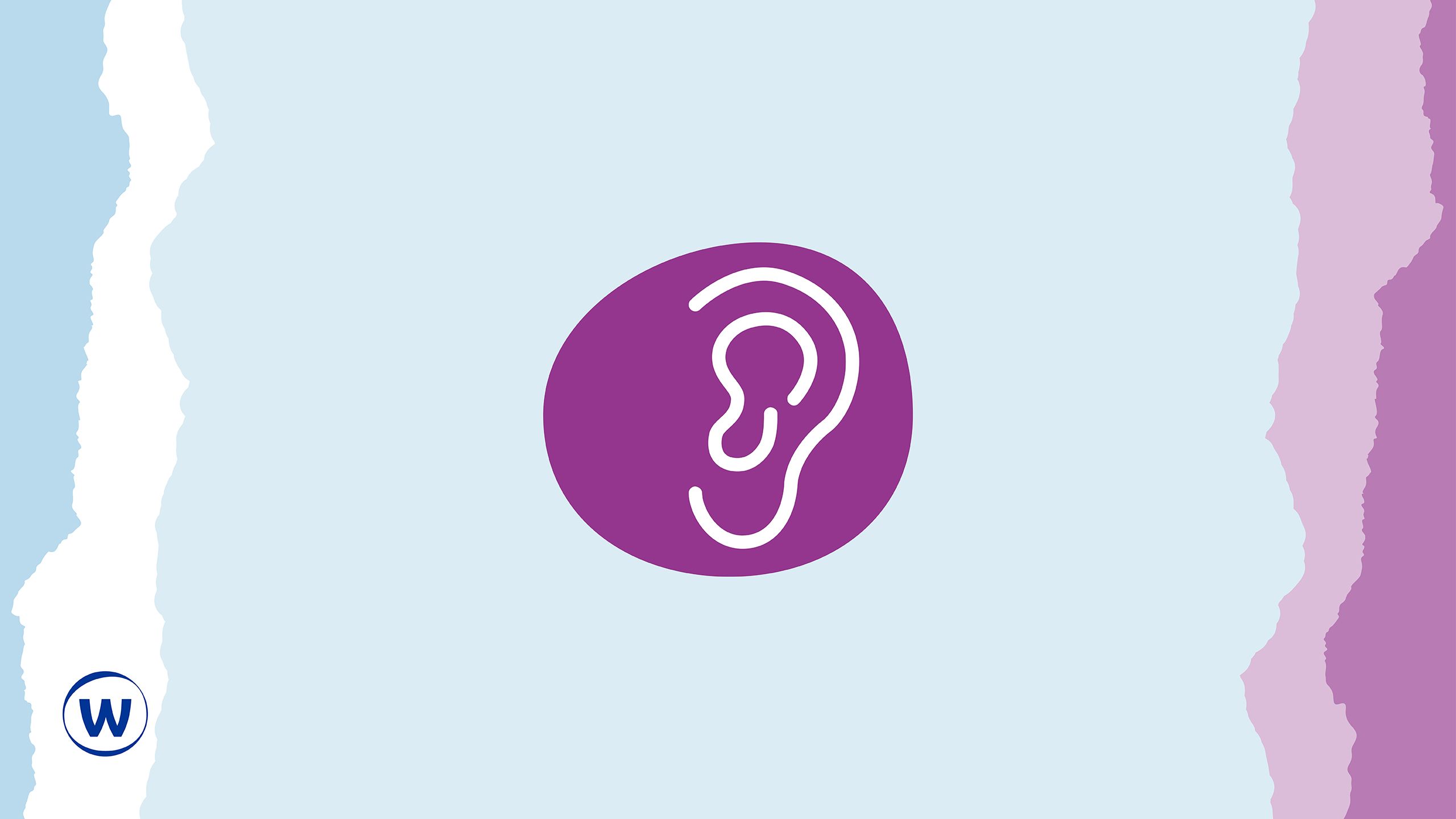
So we are listening to water customers to understand their experience over the past year, what happened to them and what it has felt like. We are also listening to companies and to experts to get a richer, rounder picture informed by their insight.
#Care
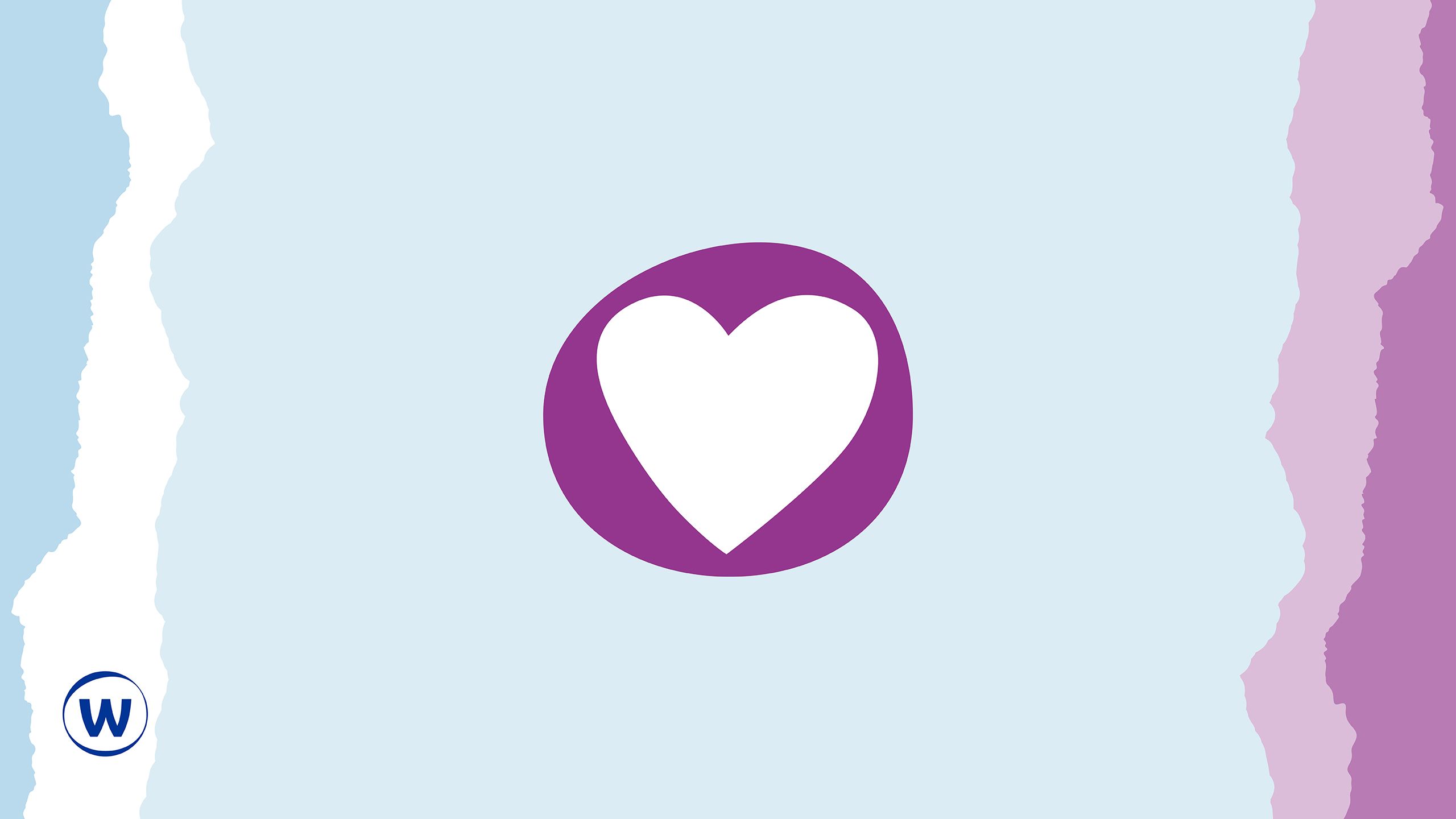
We care about the water sector doing all it can to support and deliver for customers. And so we are exploring what more can be done in these unprecedented times to make sure customers get the help that will make a difference for them.
To begin with...
...we will #ListenCareShare around three themes, which different independent surveys and reports have identified as deep-rooted areas of concern emerging or being exacerbated as consequences of the pandemic.
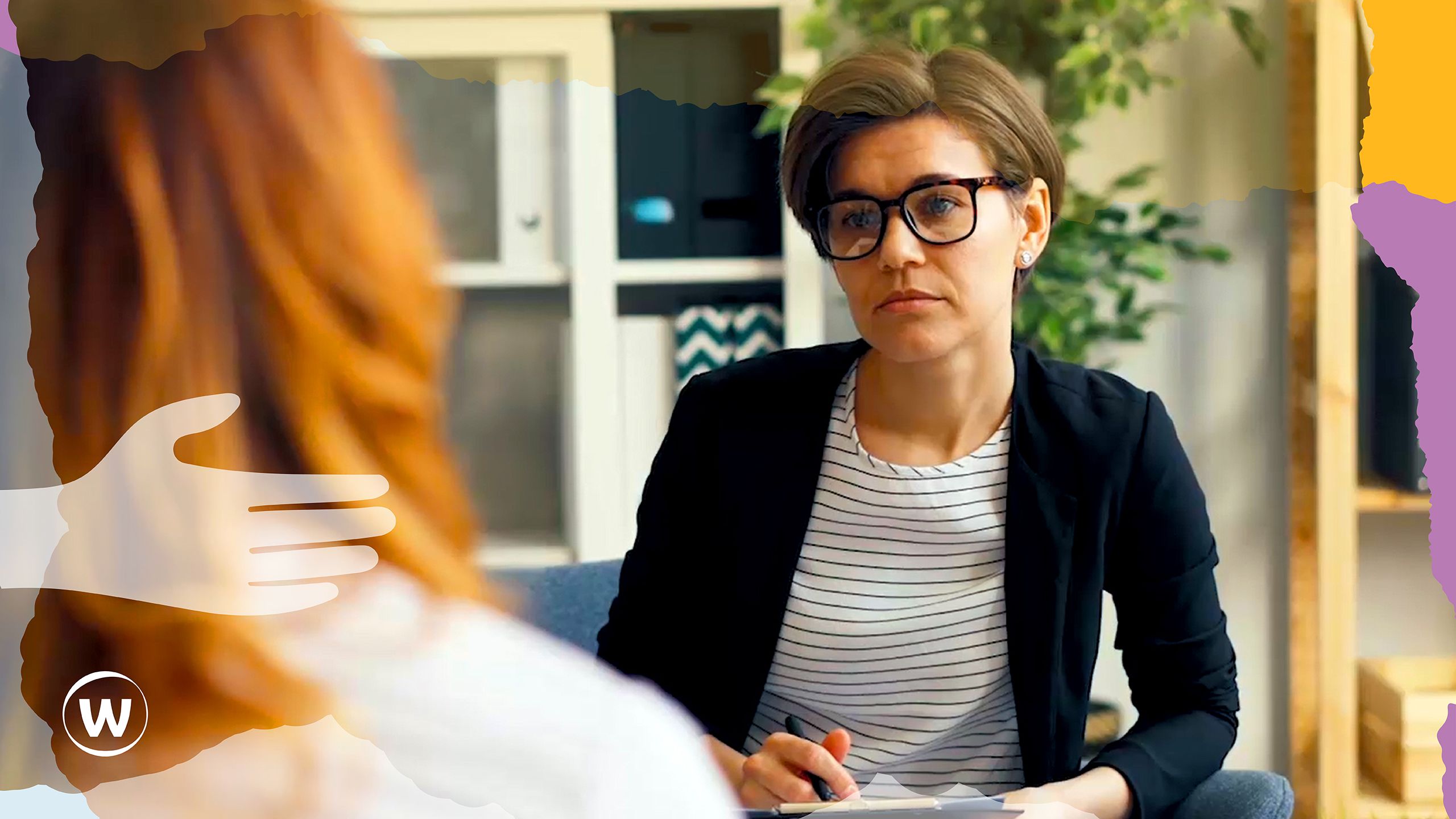
Financial vulnerability
Research by the Financial Conduct Authority (FCA) found that by autumn 2020, more than a third of adults faced a worse financial situation because of Covid-19. They also estimated that more than one in four adults had low financial resilience. (Source: Financial Lives 2020 survey: the impact of coronavirus, FCA).
The Resolution Foundation discovered that 54% of adults with the lowest incomes had been borrowing money to cover everyday costs such as housing or food. (Source: Caught in a (Covid) trap • Resolution Foundation.)
Mental wellbeing
The ONS has repeatedly found over the last year that people are struggling with their mental health. (source to be added on 5 May following publication of new data).
The Centre for Mental Health has forecast that as many as 10 million people will need new or additional mental health support as a direct result of the pandemic (source: Covid-19 and the nation's mental health: October 2020 | Centre for Mental Health). Meanwhile, the Money and Mental Health Policy Institute report that people experiencing mental health problems are three and a half times more likely to be in problem debt (source: Money and mental health facts and statistics - A Money and Mental Health Policy Institute factsheet).
Information inequality
The people without access to digital communications are now even more excluded because so many face-to-face services were suspended during the pandemic. Although the number of digitally excluded has reduced, around 1.5 million households are still not online at all. Others are online but cannot afford data packages that allow them to do the basics. (Source: Digital divide narrowed by the pandemic, but around 1.5m homes remain offline - Ofcom).
And it is not just access to information that has been affected, but the confidence people have in it, too. The Reuters Institute reported a decline in trust in news and information following the onset of the pandemic. (Source: Communications in the coronavirus crisis: lessons for the second wave | Reuters Institute for the Study of Journalism (ox.ac.uk).)
A complex world
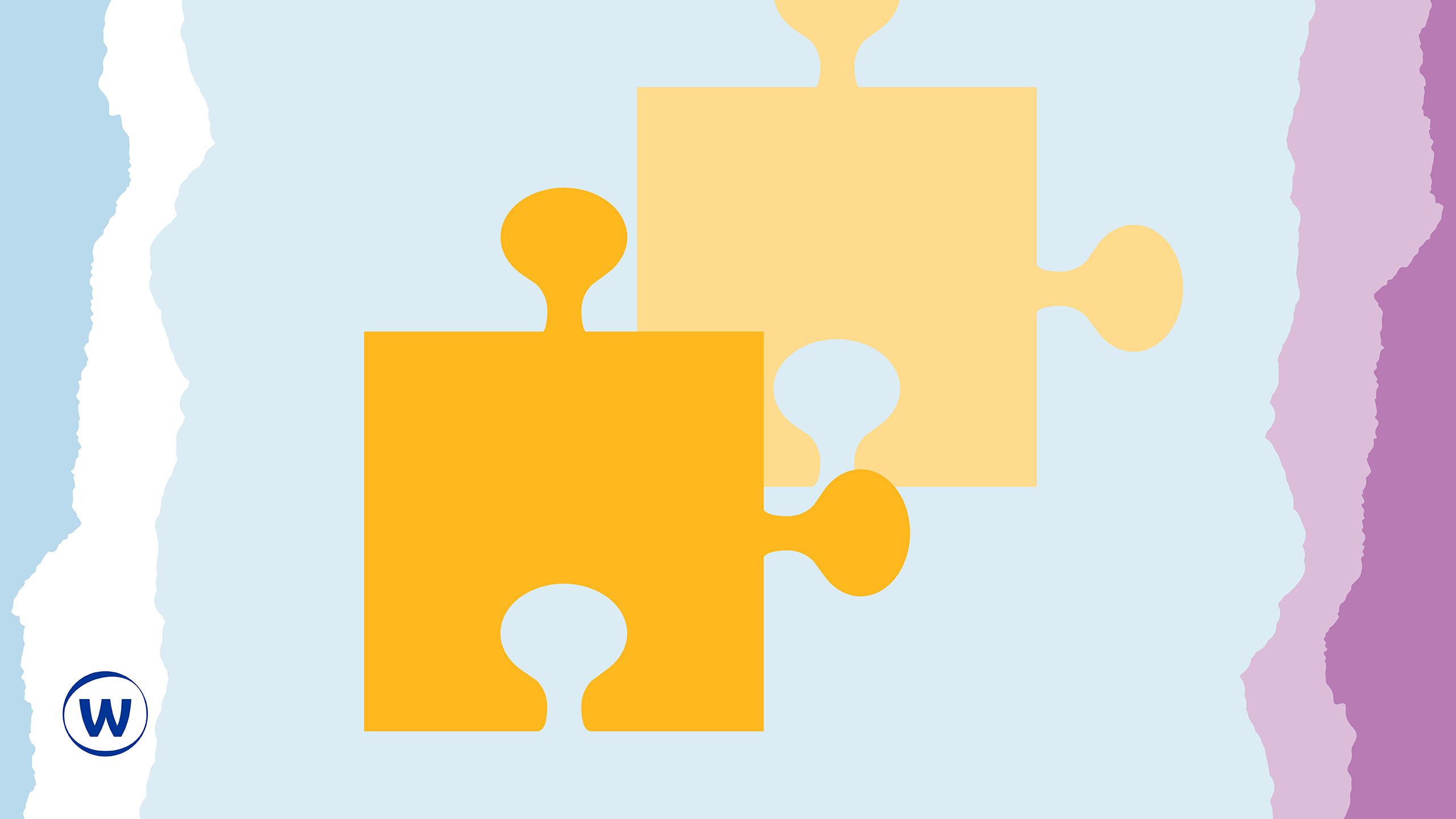
Each element of these issues is complex and multi-faceted.
To help us understand them and identify great practice, we have been talking to expert organisations, to companies who address these issues daily and, of course, to people who have been affected by them.
What's next?
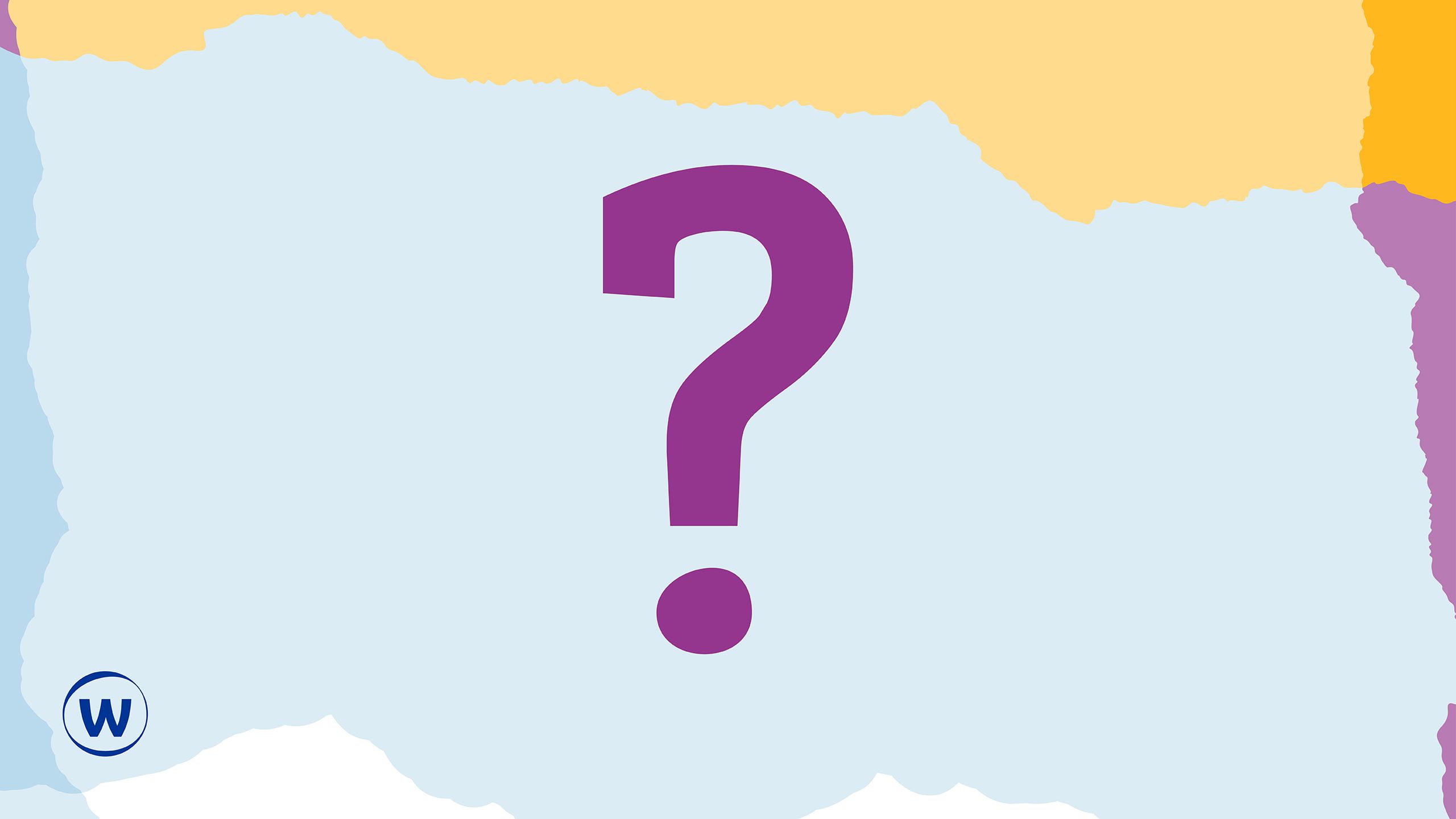
Over the coming weeks, we will share what we have learned so far, prompt conversation to get a deeper insight, showcase great examples of help and, collectively, identify the steps the industry can take to help those who need it.
We will pull this all together in the summer to show when we Listen Care Share, we can improve life through water.
You can follow the conversation using #ListenCareShare and get us touch with us at ListenCareShare@ofwat.gov.uk
